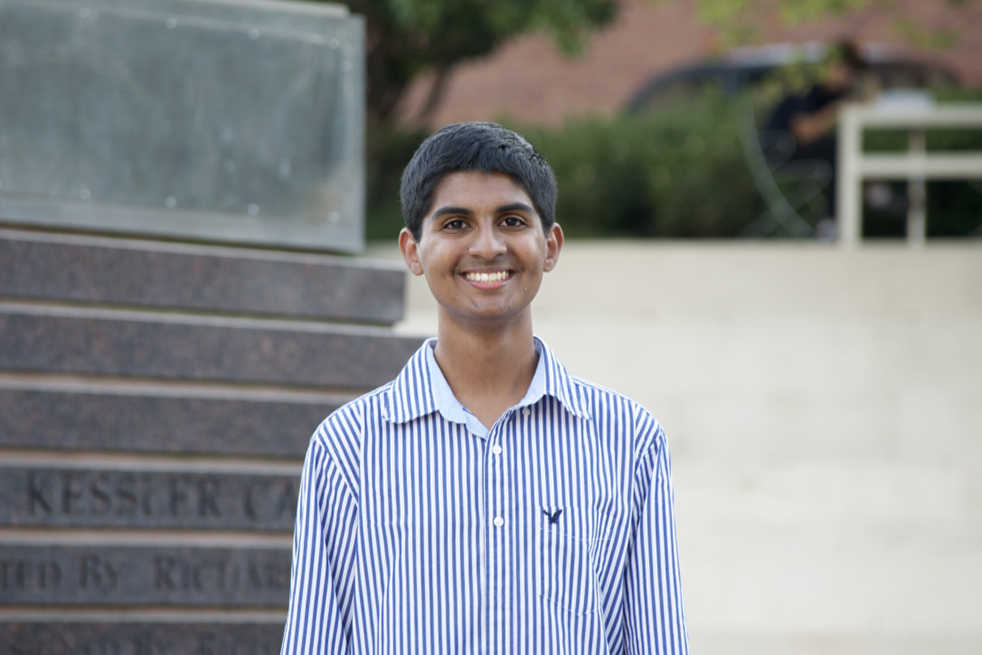To football fans, he is a streak of lightning. A character straight out of a video game, dodging hapless would-be tacklers as he bolts up the sideline. A remarkable and unprecedented success despite his status as a mere fifth-round draft pick, a freak of nature.
Tyreek Hill is also a convicted domestic abuser.
The diminutive Chiefs wide receiver has loaded his stat sheet with touchdowns, but to some, the bigger concern lies in his rap sheet. August 2015 — guilty plea of domestic assault and battery by strangulation. A deferred three-year sentence and anger-management courses, per Sports Illustrated writer Jonathan
Jones’ editorial.
And just like Jones’ piece is but one of hundreds penned as Hill rose from unheralded rookie to consensus All-Pro, Hill is but one of many athletes involved with domestic violence in recent years. From the highly publicized cases of Greg Hardy and Ray Rice to those that barely reach the light of day, even the most respected of National Football League (NFL) franchises have faced the fallout.
Like many fans, I always thought that an NFL player committing domestic violence merited a black-and-white response.
I had watched the infamous video of Ray Rice dragging wife Janay out of an elevator moments after beating her. This was unequivocally and categorically inexcusable. Rice wasn’t fit to work at a fast food restaurant, let alone earn a seven-figure salary playing a game in front of tens of thousands of fans (many of them children). So, in that case, I approved of the Baltimore Ravens making the decision to cut ties with the troubled running back.
But a couple of things have changed since then. Firstly, Rice has shown a great deal of remorse. He has advocated for domestic violence victims, he has taken full responsibility for his actions, and he is by all accounts the paragon of a reformed man.
Secondly, my beloved Green Bay Packers became part of the fabric when it was discovered that defensive tackle Letroy Guion had been charged with multiple counts of domestic violence in the past. I liked Guion; I thought he was a solid player, if
decidedly unspectacular.
So when has a perpetrator of domestic violence paid his debt to society, if ever? When can we wholeheartedly cheer for Hardy and Hill and Guion among others?
To me, the answer has come in the form of separating athletes from their off-field actions. Just as I can watch a film directed by Roman Polanski without endorsing Polanski’s decision to flee the United States to Europe following an incident in which he allegedly raped a thirteen-year-old girl, I think I can admire a football player’s athletic prowess while simultaneously condemning a
past action.
That’s not to say NFL players are entitled to our infinite and everlasting forgiveness. Certainly, every athlete out there should be made to deal with the legal consequences that follow his actions, and those who pose a threat to commit such heinous acts again have no place in the league.
But if we want to prevent and discourage recidivism, shunning individuals who have taken responsibility for past behavior and show potential to do good in the future seems to be the worst possible course of action.
You are certainly not obligated or forced to like or respect any athlete. Oklahoma stars Dede Westbrook and Joe Mixon will enter the NFL this year with similarly dark pasts, and should either do enough to merit significant media attention, the specter of their legal troubles will most likely not go unnoticed.
But for better or worse, I have made the personal decision to separate my favorite athletes from my role models. We will just have to see how that works out.
